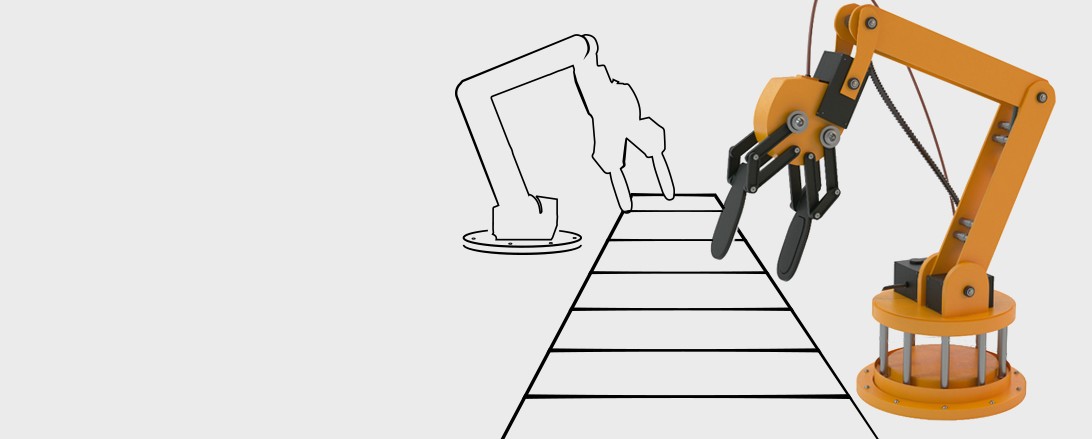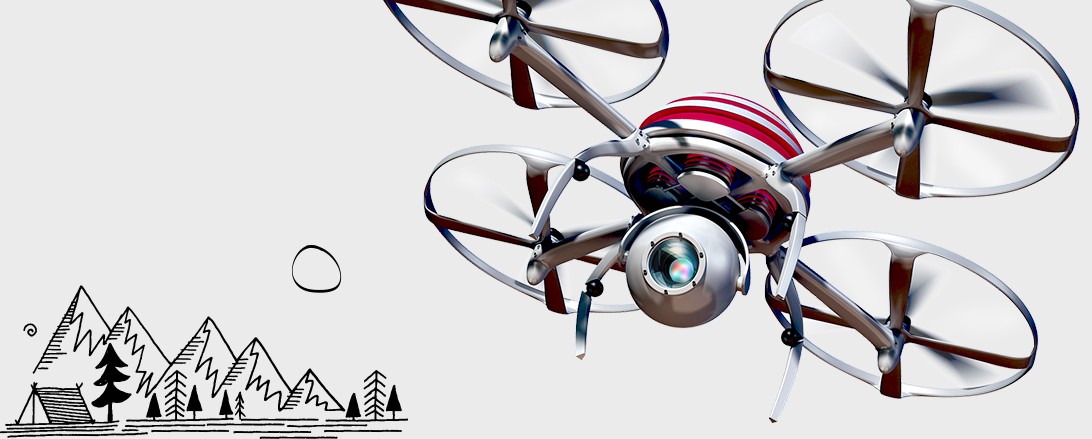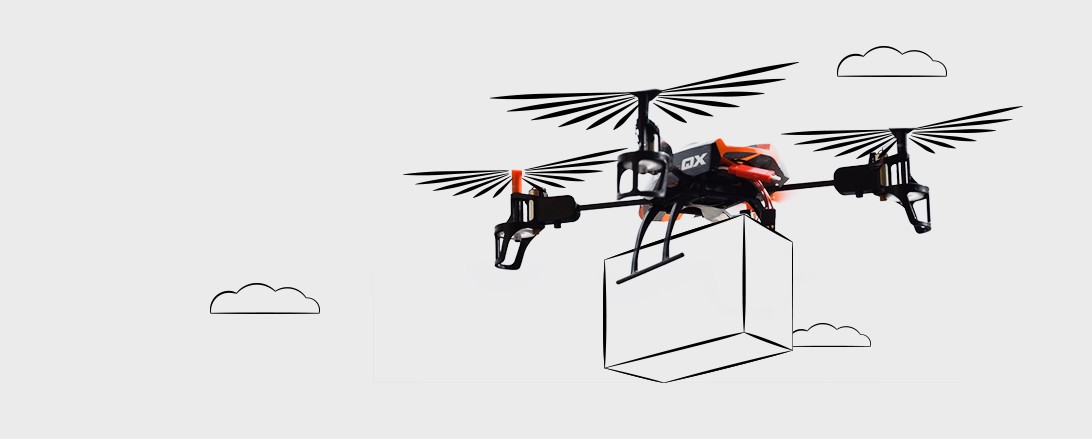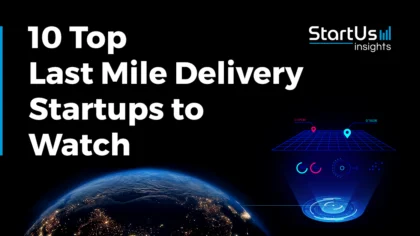Leverage our unparalleled data advantage to quickly and easily find hidden gems among 4.7M+ startups, scaleups. Access the world's most comprehensive innovation intelligence and stay ahead with AI-powered precision.
Disruptive innovation has reached a multitude of industries with the majority adapting fast to a changing environment. As the logistics industry is experiencing strong inflection points, such as high inefficiency – for example, a staggering 50% of transporters travel without cargo post-delivery – it is not surprising that this industry is being forced to innovate rapidly and develop solutions. The major component driving this innovation process is digital transformation, which accounts for €1.42 trillion in investments that are to be allocated to logistics by 2025.
At StartUs Insights, we conducted a detailed analysis of 40.000 startups and consequently discovered eight innovation areas that will alter the logistics industry as we know it today.
To shed light on the application and potential of the most disruptive of these technologies we decided to outline the eight most dominant innovation areas that influence the entire industry.










![Top 10 Distribution Trends & Innovations [2026] | StartUs Insights](https://www.startus-insights.com/wp-content/uploads/2025/09/Distribution-Trends-SharedImg-StartUs-Insights-noresize-420x236.webp)

![Top 10 Procurement Trends & Innovations [2026] | StartUs Insights](https://www.startus-insights.com/wp-content/uploads/2025/08/Procurement-Trends-SharedImg-StartUs-Insights-noresize-420x236.webp)